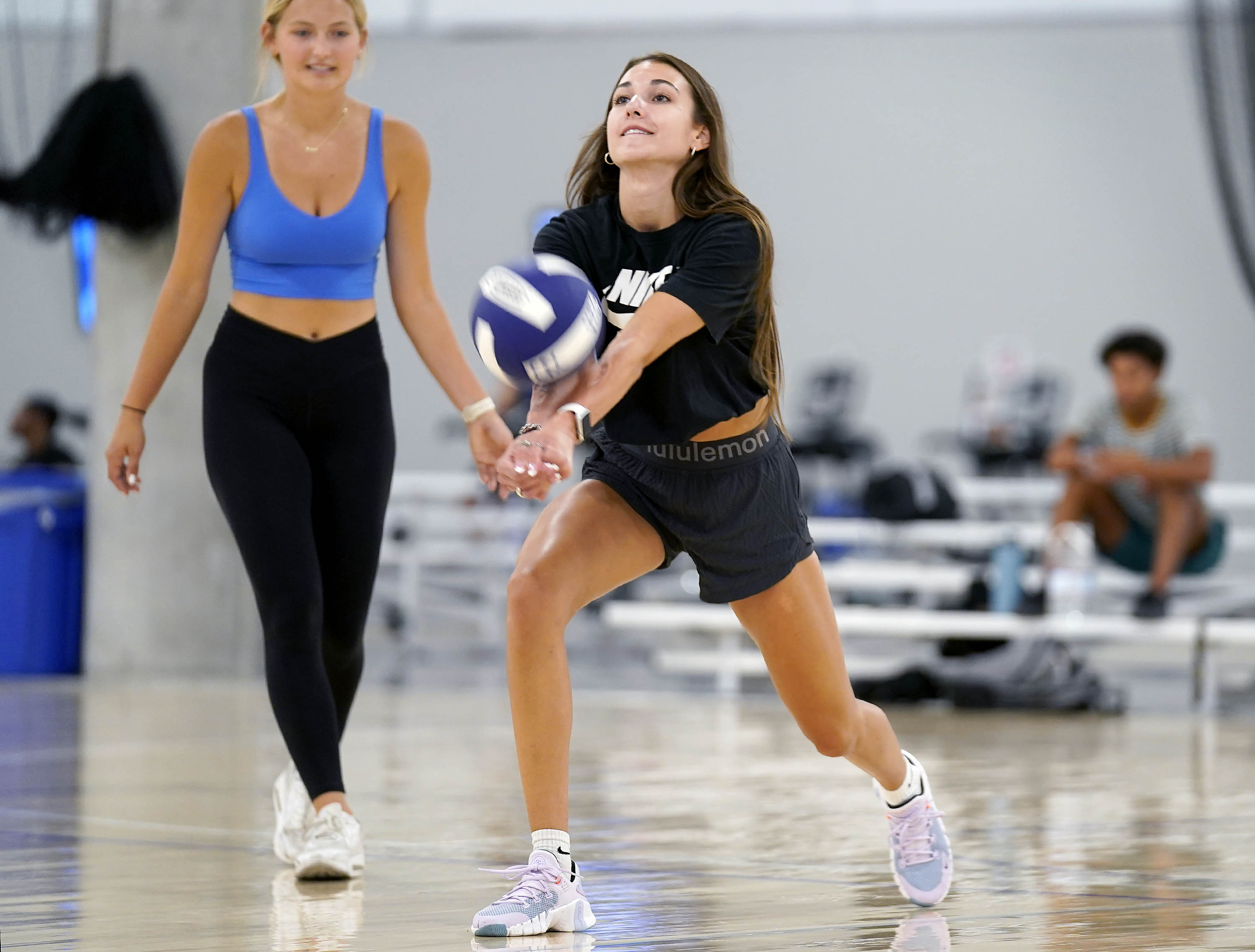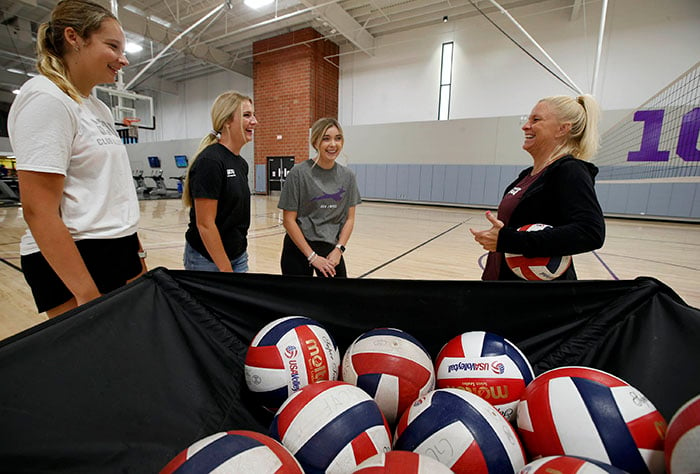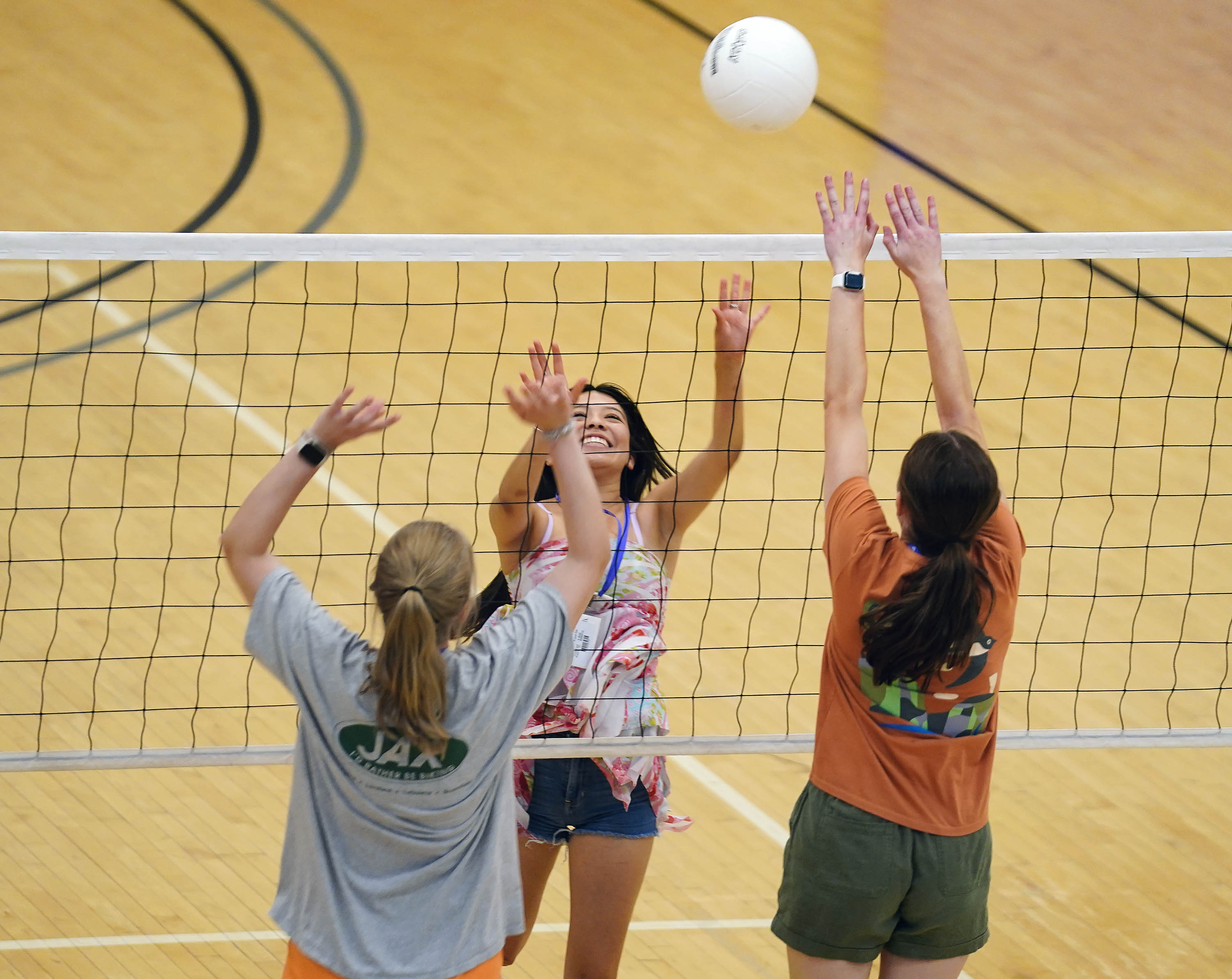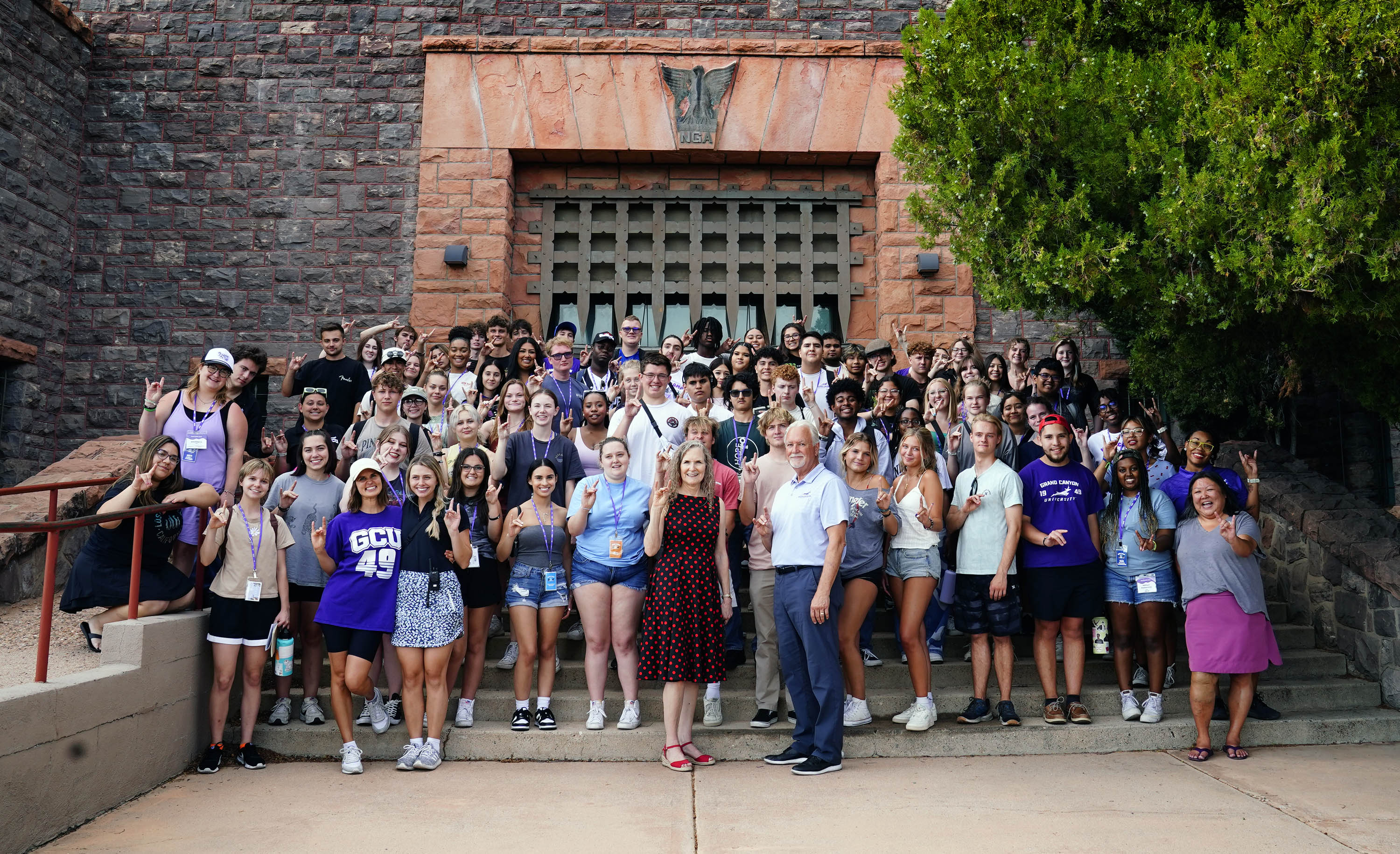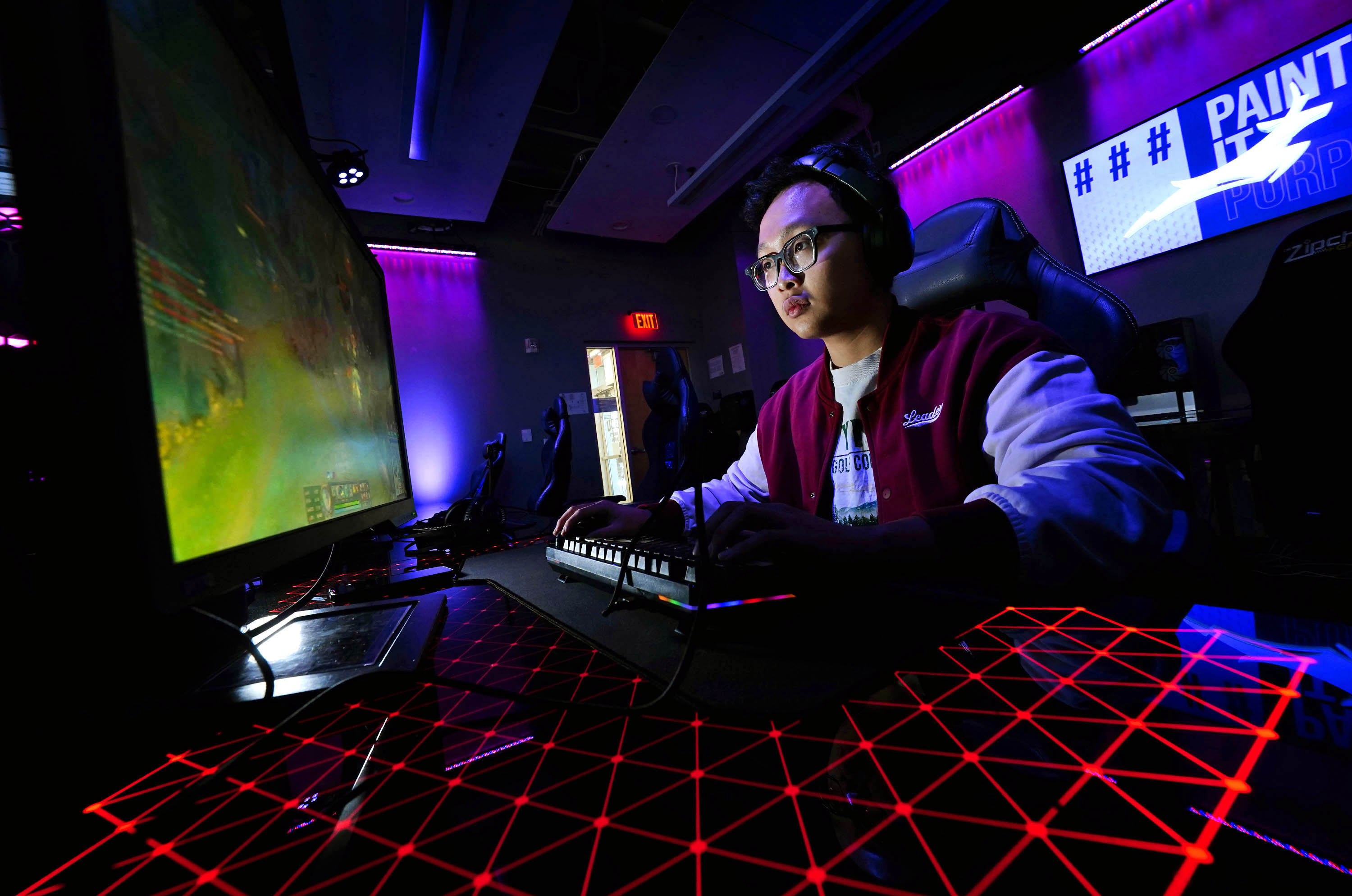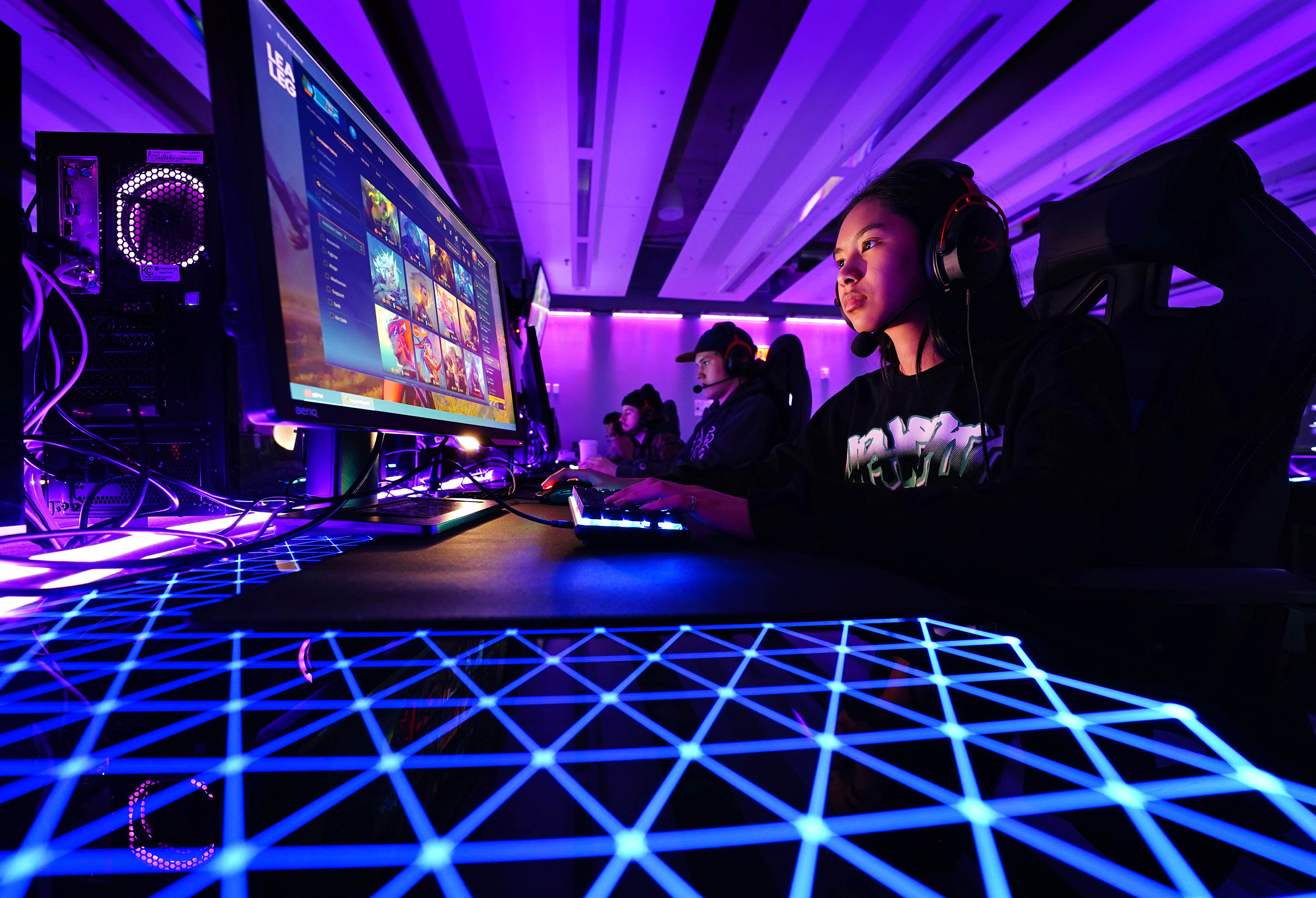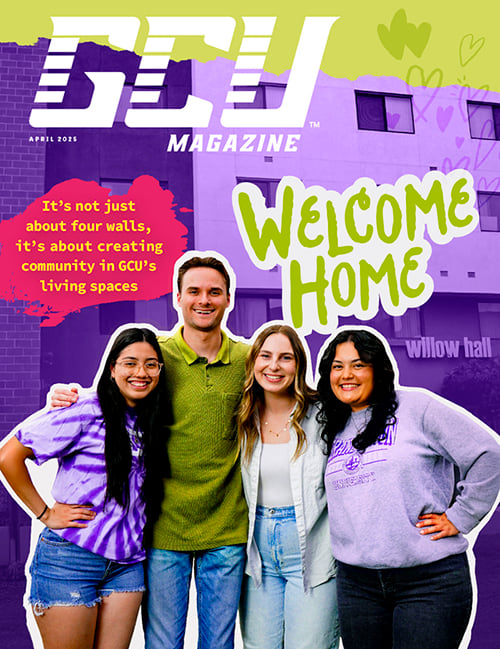
By Mike Kilen
GCU News Bureau
Part of Grand Canyon University’s mission is to prepare students to become global citizens. In the same way, it’s vital for students in Clinical Mental Health Counseling, School Counseling and related programs to be trained as global counselors, says Dr. Anna Edgeston.
In these difficult times, as the world faces the COVID-19 pandemic and a nation is torn by racial issues, it’s important to establish best practices centered around cultural humility and mentor students on being aware of their unique background and experiences, she said.
Edgeston, GCU’s Program Chair of Clinical Mental Health Counseling and School Counseling in the College of Humanities and Social Sciences, joined Kapil Nayar, an instructor in courses on substance abuse disorders, counseling and psychopharmacology, to talk with GCU Today. Edgeston’s parents were missionaries and one was born in Kenya, while Nayar’s parents emigrated from India.
How difficult is to be a counselor in these times?
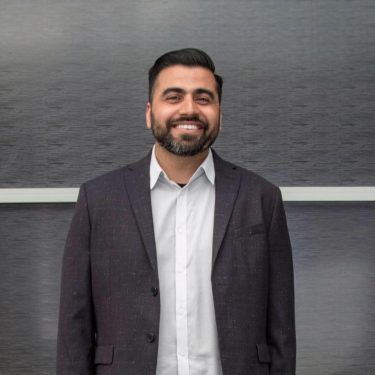
Nayar: Substance abuse and mental health practitioners are not often talked about in media but to my mind are included in the group of first responders as the pandemic unfolds. The overall fear, stress and anxiety of COVID-19 and the unfortunate grief and loss that we all have faced throughout this time interval is unique. On a day-to-day basis we are facing clients who are anxious about becoming sick themselves or their family members or loved ones, along with the aftermath of those who have lost people close to them. Substance use is more prevalent and overdose rates are on the rise. It’s relentless and emotionally exhausting.
Truth be told, the counseling profession is very difficult. It’s hard work overall, but with the added stressors of COVID-19 and social injustice affecting our clients, it’s a tough field to be in right now -- and more so, extremely difficult to stay positive throughout. I tell our students this time and time again: It’s a grueling profession but always reflect, “If not me, who?” This piggybacks off Mahatma Gandhi’s comment: “Be the change you want to see in the world.” Students have found this exchange to be helpful and motivational.
So, what is a global counselor?
Edgeston: A counselor who is able to work with diverse individuals. The uniqueness of the United States is we have individuals from across the world, so you don’t even need to cross the waters to be a global counselor.
Why is it important to be a global counselor?
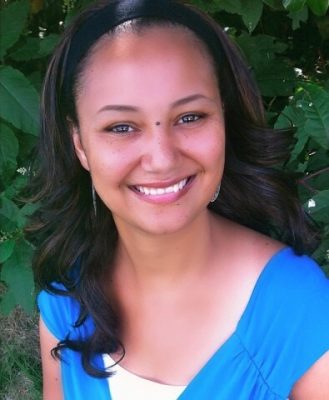
Edgeston: The concept that all counseling is cross cultural in nature is really powerful to me. It really is saying that whoever comes into the counselor’s office is going to have some sort of difference that exists between them and the counselor. It’s important to train your students to be prepared for that. With everything going on within our nation and with the focus on diversity and change and understanding the other person, it’s perfect timing in terms of my vision for the program of training global counselors to be prepared to listen to another human being and be able to understand them in order to help them. If we don’t prepare our students, I think we are hindering what they can do in the helping profession.
Nayar: It is vital that we comprehend our role in our clients’ lives and in society as a whole. We must stay determined to be a better ally and advocate for social justice. Counselors are the glue for a large portion of society that press on and fight the good fight. Maintaining this mindset and relaying it to our clients reinforces ownership in their destiny.
Continuous dialogues with people from different backgrounds have helped learn about all aspects of life. It helps clarify where we find meaning and to see shared purpose and connectedness. Part of the beauty of this profession is being able to deliver this in session and when the moments come, pay that forward.
How does being an advocate for social justice help clients and community?
Nayar: I think being able to model that throughout these troubling times, modeling maintaining a positive outlook, reframing some of the negatives and pressing forward, allowing our clients, our students and our peers to witness our behaviors -- it’s a trickle-up effect. Hopefully they all interact with and model the same behaviors in their nuclear universe to keep the movement going for themselves, their family and greater society.
How does a student become a global counselor?
Edgeston: One of the key things is self-awareness, which means you learn about yourself, your culture and world view, and your values and really have a good understanding of them. I noticed that myself. The more I became in tune with my culture and who I was, the more open I became about learning about others. That is the next step in a counselor’s growth. You have to understand your client’s culture and world view and how they see things and their values. As counselors, you learn skills to be able to navigate between the two.
That’s why I love the quote that really communicates that idea of self-awareness, knowledge and skills like empathy and compassion: “To care for someone, I must know who I am. To care for someone, I must know who the other is. To care for someone, I must be able to bridge the gap between myself and the other.” (Jean Watson).
It’s knowing that each individual is so unique and important and thus we must understand each other – and how do we do that? I think to gain that knowledge means being quiet and listening and learning about other individuals. That listening part within itself is an example of a skill that is so important to bridge those factors together. For example, I can’t walk into a counseling session and dismiss who I am. A big part of who I am is why I’m here. I value working with and helping individuals. So I have to bring myself in but I also have to pay attention to that individual and who they are. It’s like bringing my world view and their world view together.
That can be tough when people have such different views, right?
Edgeston: We are creating a safe space. A lot of times what stops us is fear -- I’m afraid to offend someone. That stops people. I would rather offend, but then we have a conversation with them and build a relationship. Tell me about yourself. It’s the same thing in counseling. How do we do that there and outside the room? Fear stops us from crossing that bridge.
Optimistically, these times may propel us to finally cross the bridge and listen with what you describe as our “humanitarian ideologies.” What does that term mean?
Nayar: I link this with the interconnectedness of mankind at this stage. Our world is becoming smaller. We need to look at our life, our world and our profession in this context as well – stressing an empathetic, unconditional positive regard and a humanitarian perspective as we engage with our clients, our students, our peers and transitively the world is vital.
Grand Canyon University senior writer Mike Kilen can be reached at mike.kilen@gcu.edu or at 602-639-6764.

